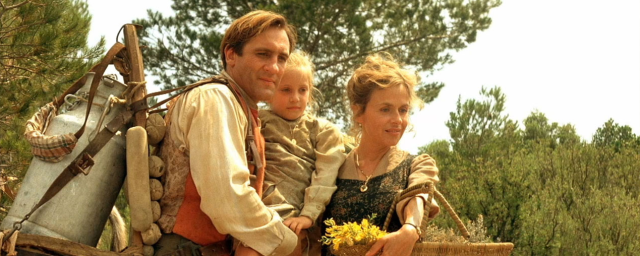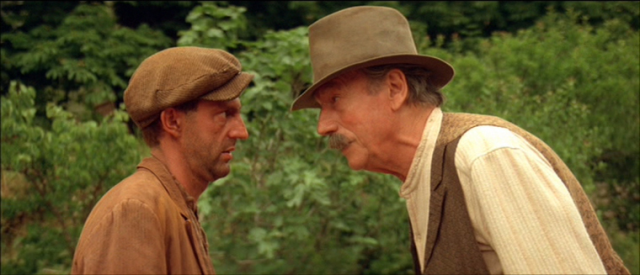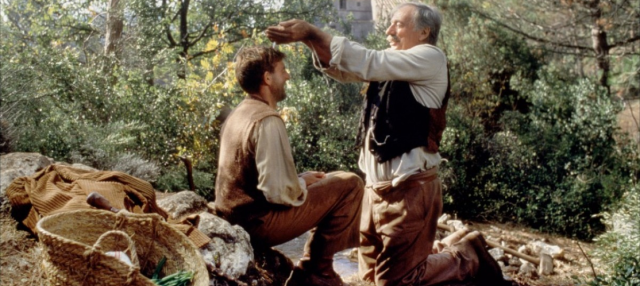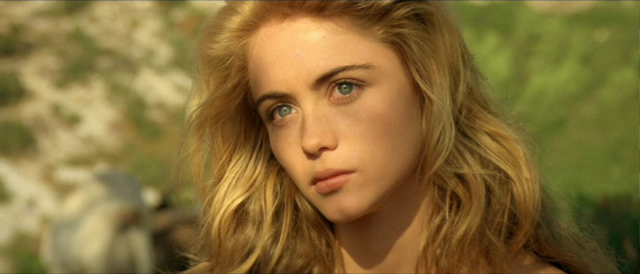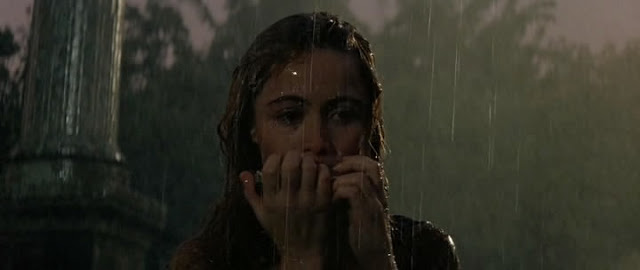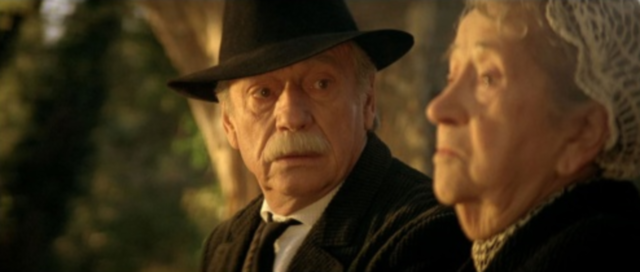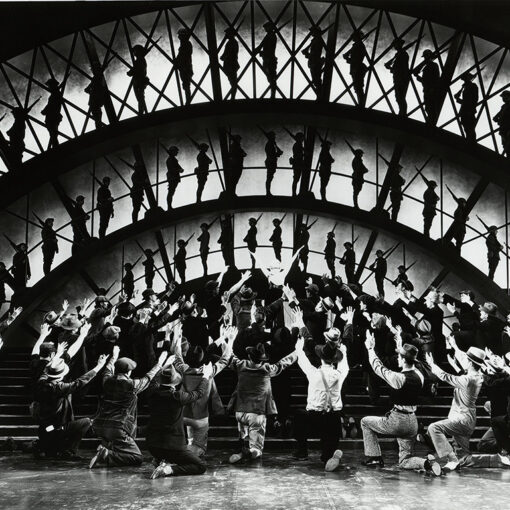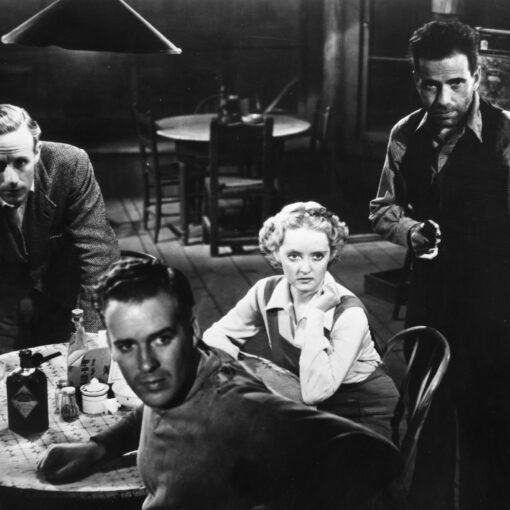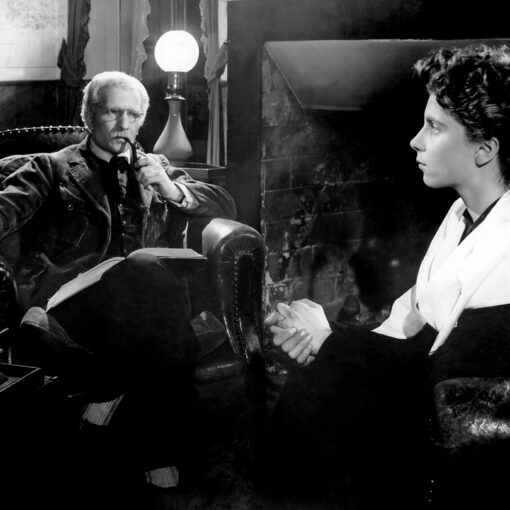 | Original title: Jean de Florette |
Rating:  (5 / 5) (5 / 5) | |
| Year: 1986 | |
| Director: Claude Berri | |
| Duration: 120 min. | |
| Genre: Drama |
Provence
Jean de Florette is the first part of an epic story told by Claude Berri. The story is originally from a book he had read by Marcel Pagnol. He decided that if he were to make a film out of it, it would have to be in two parts. I wish more directors did this, instead of rushing through a story to fit the 1.5/2 hour limit. The extra time taken by Berri makes it possible to really show us the environment, the characters, and what drives them. Both parts are filmed in the Provence region in France, in and around a small village. Somewhere around late 1918, shortly after the first world war.
The second part, Manon des Sources, takes place a dozen or so years after the first, but continues telling the same story. The many colourful shots of the region add greatly to the general atmosphere of the story. The music, while there isn’t much of it, is just as great. It is based on a Verdi opera and adds greatly to the dramatic nature of both films. The sad sounding music, often using the harmonica, is haunting. As if it knows of the things to come.
The film’s camera work is also interesting. Often filmed from a distance, one feels a spectator to the events that occur. I guess it is for this reason that pretty early on in the first part we are let in on what is likely to happen. The rest of the first part slowly moves towards an apotheosis. Part two then continues to tell the story, many years later. Little Manon saw something, and now that she is old enough and learns the truth, she can and will act.
This is a review, so the next part contains some spoilers. I tried not to mention most of the key events, or only refer to them vaguely. Most of it can also be read by combining the two IMDb film descriptions, which is something you’d have likely done anyway if you wanted to watch the films.
Jean de Florette
The first part is called Jean de Florette. Key players are Jean Cadoret (Gérard Depardieu), Cesar Soubeyran (Yves Montand) and his not very clever nephew Ugolin Soubeyran (Daniel Auteuil). Then we have Jean’s family: little Manon, Jean’s daughter, and Aimee (Elisabeth Depardieu), his wife and a former opera singer. Manon, so we are told, is named after Aimee’s favourite opera. And finally there is an Italian couple living on the other side of the hills, near a spring. This spring is not to be confused with the one mentioned later. It is, however, on Jean’s property.
Jean himself is a hunchback, which makes him different from ‘normal’ people. He is also a child of Florette, who went to live in a neighbouring village a long time ago. Cesar and Ugolin are the only two remaining members of the Soubeyran family. This wealthy and influential family once counted as many as thirty members, but now it’s just them. Cesar is keen on having Ugolin restore the family honour. He should get married, start earning money and produce offspring.
One day, Ugolin returns from military service. He retreats to his private little cottage to work on a secret project. Once he lets Cesar in on it, he seems disappointed. He has grown a small patch of carnations. However, once they make them quite a bit of money on the local market, he begins to see the potential. But there is one problem. To grow flowers on a much bigger scale, they need a lot of water. Something they do not have. Yet. Luckily Cesar knows of a spring on a neighbouring piece of land. Intent on buying this land, they set off to meet the owner, but he isn’t willing to sell. In a struggle that follows, Cesar kills him. People fall down trees all the time, he says, and they walk away.
Plotting and scheming
Now the land goes to the owner’s sister, Florette. Cesar writes her, but gets a reply back from one of her friends. She mentions that she finds it typical that he should write after so many years, only to find out Florette had died the day before. This means that the land now goes to Florette’s son, Jean. He lives in a big city, but she doesn’t know where. Cesar and Ugolin come up with a new plan. The spring on the neighbouring land had already clogged up, but what if they cemented it shut so not a drop could ever come out? The land would lose most of its value, and they’d be the first to buy for a bottom price.
Then one morning, Jean and his family move in. Cesar tells Ugolin to make friends, so that when they fail to make a living, they’d want to sell to him first. Jean has big plans for the land that is now his. He wants to breed rabbits, grow his own vegetables and produce his own rabbit food. He has no farming experience though, so all his knowledge comes from leaflets and books. His modern ways of working, mostly based on odds and statistics, may prove very fruitful.
Destiny
After the first few months, everything goes smooth. It is then that Cesar really starts plotting to make Jean’s life miserable. He spreads rumours and talks bad about him in the village. The villagers are not fond of outsiders to begin with, especially not if they are from another town or look disfigured: “Lots of farmers become hunchbacks, but no hunchback could ever hope to become a farmer”. So he is shunned by most of the people and ripped off by others. All the while Ugolin stays friendly, but he is being less helpful after each day without rain.
Water is the major problem for Jean and his crops. There is not enough rain, so he has to fetch water from across the hills time and time again. These long trips put a heavy strain on him. And while he continuously prays to God for rain, none seems to be falling. Early on in the film, we can all see what is destined to happen eventually. It just takes a while to adequately show the suffering of Jean and his family, and the evil deeds of the Soubeyrans.
At the very end of the first part, Manon sees Cesar and Ugolin dig up the spring and celebrate the profits they are about to earn. She screams and runs off. To Cesar, that scream was merely one of a buzzard catching its prey. In a sense, he is right. He just doesn’t know it yet.
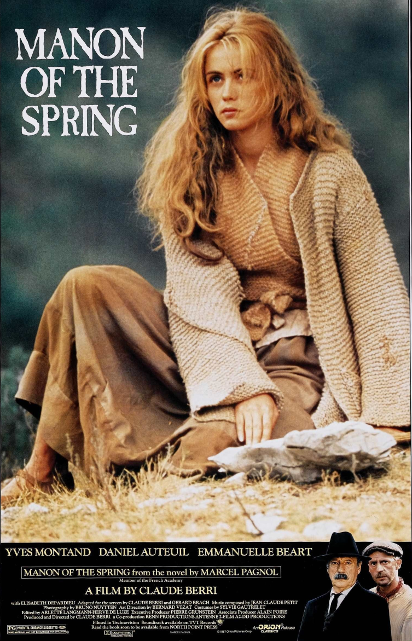 | Original title: Manon des Sources |
Rating:  (5 / 5) (5 / 5) | |
| Year: 1986 | |
| Director: Claude Berri | |
| Duration: 113 min. | |
| Genre: Drama |
Manon of the Spring
The first part leaves you angry, sad or maybe both. You will want revenge for what was done to Jean and his family. The second part delivers on all accounts, however by its end you almost wish it didn’t. While first the Cadoret family was the target, this time the tables are turned. Not just for the Soubeyrans, but for everyone. Manon grew up to be a beautiful young woman. Her mother left to perform in the cities, leaving Manon with the Italian couple. Ugolin let them live there, just as he promises at the end of part one.
The film starts off on a much lighter mood than Jean de Florette. We are shown Manon (now played by Emmanuelle Béart) dancing in the fields after bathing. She is not wearing a whole lot when she is spotted by a hunting Ugolin. Nothing much has changed for him. Although he now has a lot of money and some fancy clothes, he still has no wife. But more importantly, he has no children. The instant he sees Manon dance, he falls in love. Of course he does not know what she knows about him, so this seems like a relationship that is destined to fail before it even begins.
Meanwhile, Manon seems to take an interest in a local school teacher/geologist named Bernard Olivier (played by Hippolyte Girardot). This slowly drives Ugolin crazy, especially when he tells her how he feels. Of course, in a completely inappropriate way. She rejects him without speaking a word.
The truth hurts
A short while later, Manon finally learns the full truth about what had happened when she was little. She hides in the bushes as two passing hunters speak about what happened all those years ago. A little while later, when a goat from her herd falls down into a small cavern, she accidentally discovers the origin of the source of water that flows through the region. It also turns out to be the source for the stream of water that flows to the now flourishing Soubeyran carnation fields. This time it is her turn to clog up a spring, causing a lot of distress in the village and with Ugolin. He slowly sees his carnations go to waste. Now it is he who must travel across the hills to get water.
While Jean de Florette was mostly about greed, suffering and destiny, Manon des Sources is more of a romance and revenge film, although not quite. It must also be destiny that things turn out the way they do in this film. There isn’t much plotting and scheming going on anymore. When the villagers hold a procession in town to pray for water, the spring had just started flowing again. One villager claims a miracle, another says it’s just pure luck. Neither of them are correct. It just had to be that way.
Just as the film could not have ended any other way. In one of the final scenes, Cesar talks to an old blind woman. She, like the villagers, has kept something to herself. All I will say about it is that this film’s ending will stay with you for a long time.
